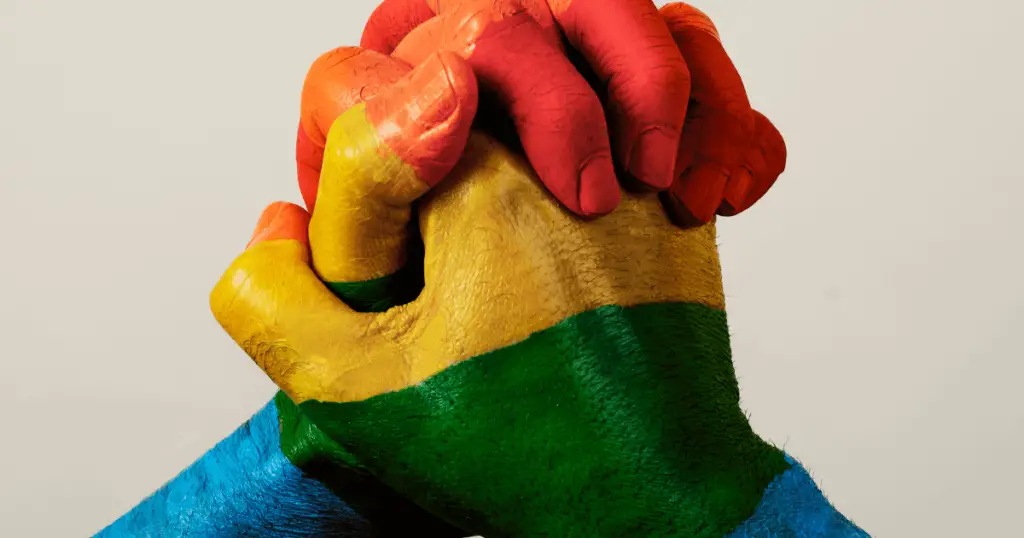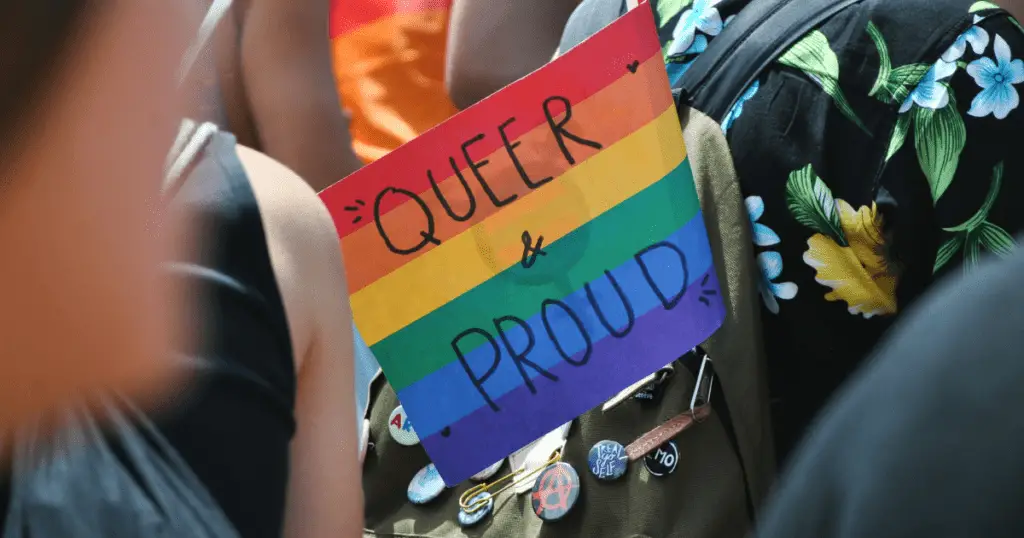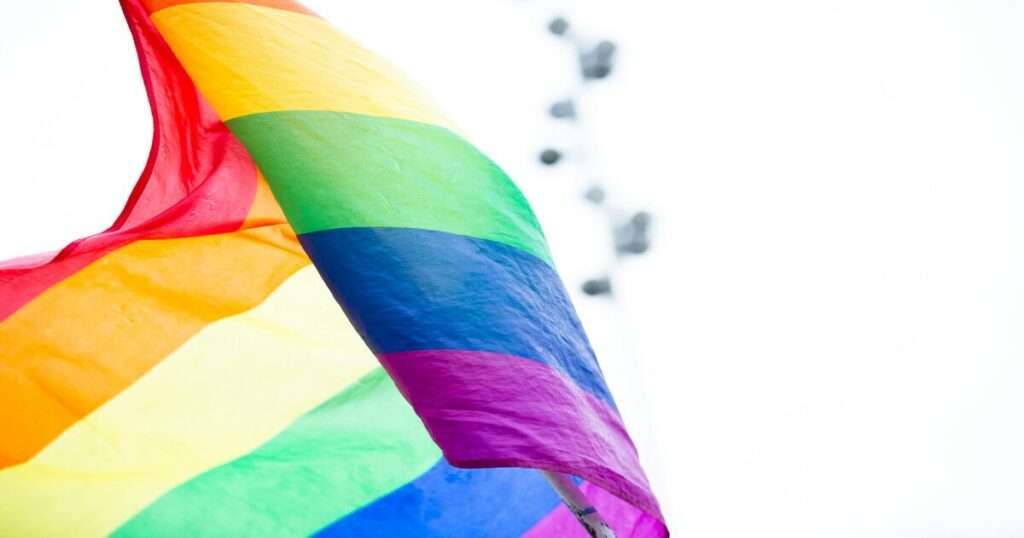The anti-LGBTQ Law of 2023 imposes severe consequences of up to a potential life sentence for agreeable same-sex relations, and in cases of ‘aggravated homosexuality,’ the penalty may be death.

On Wednesday, 3rd April 2024, the Constitutional Court of Uganda made a significant ruling on the toughest Anti-Homosexuality Law of 2023. Instead of nullifying the law that imposes severe punishment including the death sentence, the court chose to rule in its favor. However, the court noted that certain provisions in the law don’t correspond with essential human rights.
The anti-LGBTQ law, passed in May 2023, is one of the toughest anti-LGBTQ laws internationally. Its harsh conditions have been condemned globally by Western countries and human rights activists.
Since the approval of the Anti-LGBTQ Act in May 2023 by President Museveni, there has been significant opposition from Western countries with some like the United States reducing aid to Uganda.
The Ruling
The five judges of Uganda’s Constitutional Court, led by Richard Buteera, the Deputy Chief Justice unanimously rendered the decision across a 200-page judgment to reject the petition.
Looking into 13 out of 14 determination concerns, the judges had a negative response to all except those impacting the LGBTQ person’s right to privacy, health, and adequate living conditions.
Reading the judgment on behalf of the other judges, lead judge Richard Buteera noted that, they declined to suspend the Anti-gay Law 2023, and they won’t provide a permanent ruling on its implementation.
The court annulled sections 3(2)(c), 9, 11(2)(d), and 14 of the Anti-LGBTQ Act of 2023 that forbade certain homosexuality aspects, such as leasing properties for homosexual purposes, engaging in homosexuality acts leading to contraction of incurable diseases and failure to report homosexuality acts to the police. These provisions were found to interfere with LGBTQ individuals’ rights to suitable living conditions, privacy, and health.
The Petitioners
A group of individuals including Nicholas Opiyo, a human rights advocate, Dr Kabumba Businye and Sylvia Tamale, Law professors from the University of Makerere, Fox Odoi, West Budama MP, USAID, and Andrew Mwenda, a veteran journalist opposed some of the sections of the Anti-gay Act, noting that it interferes with human dignity, freedom of expression and association, and rights to take part in lawful business and trade.
However, in Wednesday’s ruling, the judges emphasized the court’s responsibility to perform its duty while considering societal and cultural roles. They were against any literature, practice, or language that was against societal ambitions. The constitutional court also dismissed evidence from the petitioners noting violations of parliamentary procedure at the speaker and committee levels.
The justices also dismissed claims from the petitioners that the law infringed upon rights to equality, discrimination, freedom of expression and association and the right to participate in lawful trades, professions, and businesses, opposing that homosexuality doesn’t involve such activities.
The ruling by the Constitutional Court of Uganda is part of the widespread anti-gay measures across Africa. Ghana enacted a rigorous anti-LGBTQ Act in February, reinforcing the rights of LGBTQ individuals.
Over 30 countries in Africa deem homosexuality as illegal. Some Africans perceive it as a behavior adapted from other regions rather than a sexual orientation. At Queer Together, we believe in the fundamental rights and dignity of all individuals, regardless of their sexual orientation. We will continue to advocate for equal treatment and protection for LGBTQ individuals globally. Let us work towards a world where everyone is accepted and celebrated for who they are.



